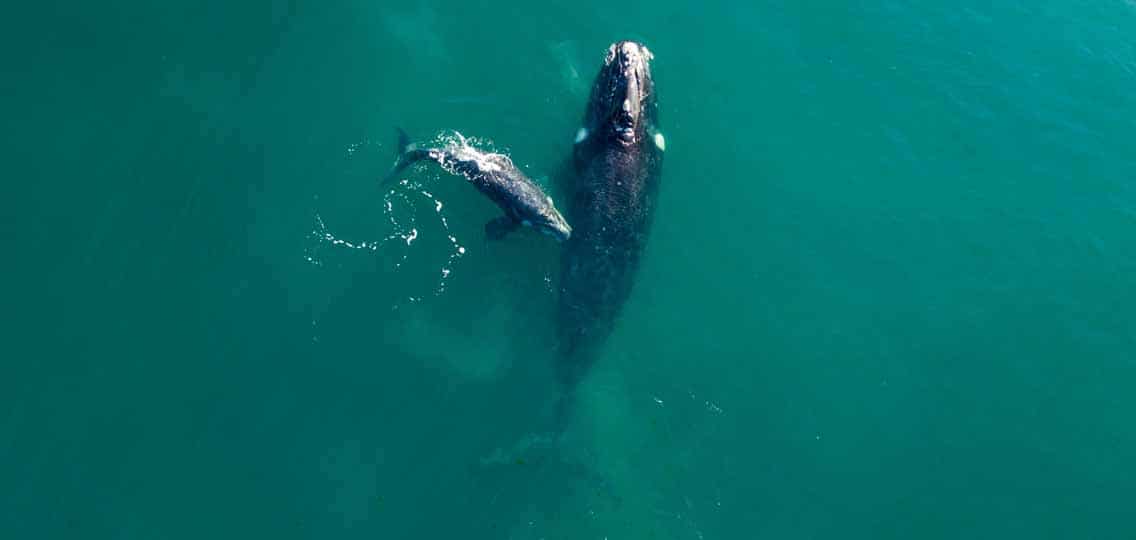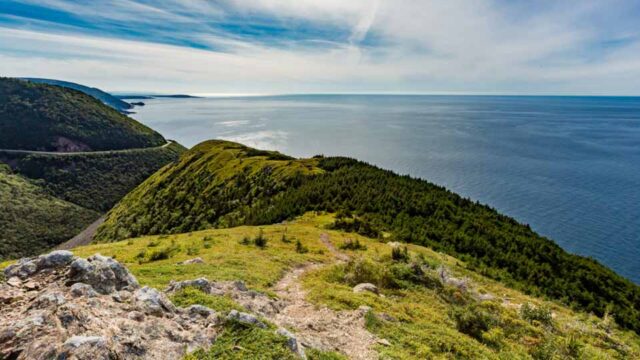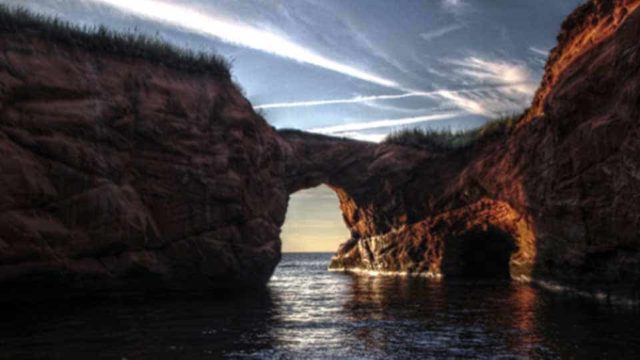Ecojustice is in court this week because the Canada-Newfoundland and Labrador Offshore Petroleum Board (C-NLOPB) acted unlawfully when it renewed an exploration licence in 2017. We’re there to ensure this decision is not allowed to stand, so that risky offshore drilling is kept out of an area of the Gulf of St. Lawrence known as Old Harry.
Old Harry is an ocean playground for wildlife of all kinds, including seabirds, fish, endangered whales and leatherback sea turtles. Its rough and salty Atlantic waters have sustained local communities for generations.
Despite its environmental importance, and its importance to locals’ livelihoods, a company called Corridor Resources gained an exploratory licence for Old Harry in 2008. But in the following nine-year period, Corridor failed to complete the required environmental assessments and did not receive the necessary regulatory approvals to start drilling for oil.
Offshore drilling in Canada
Under Canadian law, these kinds of licences can only be valid for nine years. But when Corridor’s licence expired in 2017, the Canada-Newfoundland and Labrador Offshore Petroleum Board (C-NLOPB) unlawfully renewed it. That’s when Ecojustice became involved.
An oil spill would devastate the Gulf of St. Lawrence’s ecosystem and fishing industry. The region contains many protected areas, including bird sanctuaries and national parks.
Term limits on exploratory licences are there for a reason — not just to ensure that companies don’t sit on their rights forever, but also to protect the environment from rights-holders who lack the capacity or technology to drill safely. A victory in this case would set an important precedent for other expired or nearly-expired offshore exploration licences, and would keep in check offshore boards that are tempted to consider illegal extensions in future.
But most importantly, it would immediately keep the Gulf safe from the threat of oil drilling.



